JSON Implementation of Time-Frequency Radio Catalogues: TFCat
- 1LESIA, Observatoire de Paris-PSL, CNRS, Meudon, France (baptiste.cecconi@obspm.fr)
- 2DIAS, Dunsink Observatory, Dublin, Ireland
- 3University of Bristol, Bristol, UK
In the low frequency domain, the electromagnetic signatures are tracers of energetic and unstable particle populations rather than atomic and molecular transitions. Such signatures are identified with their spectral-temporal shape in time varying spectrograms. Figure 1 shows a spectrogram including Solar radio bursts (related to energetic electron beams escaping from the Sun) and terrestrial auroral kilometric radiation (related to the magnetospheric activity), observed by the Cassini/RPWS instrument during its flyby of the Earth.
How to cite: Cecconi, B., Bonnin, X., Loh, A., Louis, C., and Taylor, M.: JSON Implementation of Time-Frequency Radio Catalogues: TFCat, Europlanet Science Congress 2022, Granada, Spain, 18–23 Sep 2022, EPSC2022-426, https://doi.org/10.5194/epsc2022-426, 2022.

